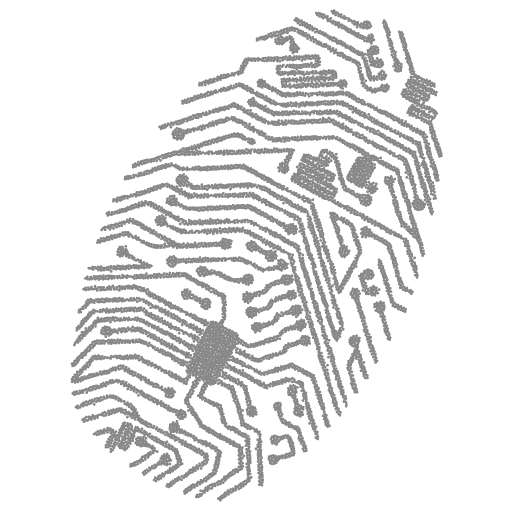Each legal analysis requires a prior determination of the underlying facts. The more precise the factual description of the subject to be analysed, the better the likelihood that the legal conclusions reached will be comprehensive and correct. This is one of the reasons why lawyers’ work in the field of new technologies is challenging and fascinating. Within the rapidly changing realities of new technologies, a lawyer’s ability to identify and understand the most legally relevant facts is a critically important skill. Of course, this skill must be supplemented with the knowledge that the facts are subject to dynamic changes.
new tech law blog

Cryptocurrencies and sanctions
New applications for blockchain, such as decentralised exchanges and unique tokens, bring new legal challenges. But sometimes even well-known uses of this technology present interesting legal issues never raised before or for some reason overlooked in the legal debate.
Undoubtedly cryptocurrencies and other crypto assets will not remain outside the legal system for long. Although they cannot be directly tied to many existing regulatory regimes, as we discussed in 2014 in our virtual currencies report, this does not mean that activity involving crypto assets will never be regulated. This is evident from the example of blockchain tokens, which in certain situations may be regarded as financial instruments.
Legal personality and artificial intelligence
In October 2017 the humanoid robot known as Sophia, gifted with artificial intelligence, obtained Saudi Arabian citizenship. In May 2018 Google showcased the capabilities of its product Google Duplex, whose AI system can arrange an appointment at the hairdresser’s or reserve a table at a restaurant, while avoiding misunderstandings on the phone and imitating the gap-filling hems and haws of human conversation. Observing the capabilities of these robots, a lawyer’s mind naturally turns to the issue of the potential legal personality of AI.
Blockchain and competition law
Blockchain does not function in a legal vacuum. Depending on how the technology is used, various legal regulations may be applicable. As blockchain is often used for cooperation between unaffiliated entities, it is worth considering the consequences that may arise under competition law.
Private enforcement under the GDPR
While the new data protection regulation provides for severe administrative penalties for failure to comply, it is well known that whether a penalty is effective is determined not by its severity but by its inevitability. Even though the personal data protection authority has been given broad powers, it does not have adequate means of exercising them. A solution could be a private enforcement mechanism within the regulation, whereby any person whose data has been breached can independently seek a judicial remedy.
Private enforcement is being used more and more as an addition to the public law mechanism for the enforcement of regulatory provisions. This solution has been introduced recently in compensatory liability cases for breach of competition law. A solution of this kind is also possible under the GDPR.
Terminating bank accounts of cryptocurrency exchanges: Why we should all be concerned
This will not be another article about cryptocurrencies. Instead, I want to focus on a dangerous precedent we may have overlooked in the broader debate over cryptocurrencies. Cryptocurrency exchanges and other enterprises operating on the cryptocurrency market have been targeted by the highly controversial practice of banks shutting down their accounts. This practice displays the universal threats arising along with the increasing digitalisation of commerce.







